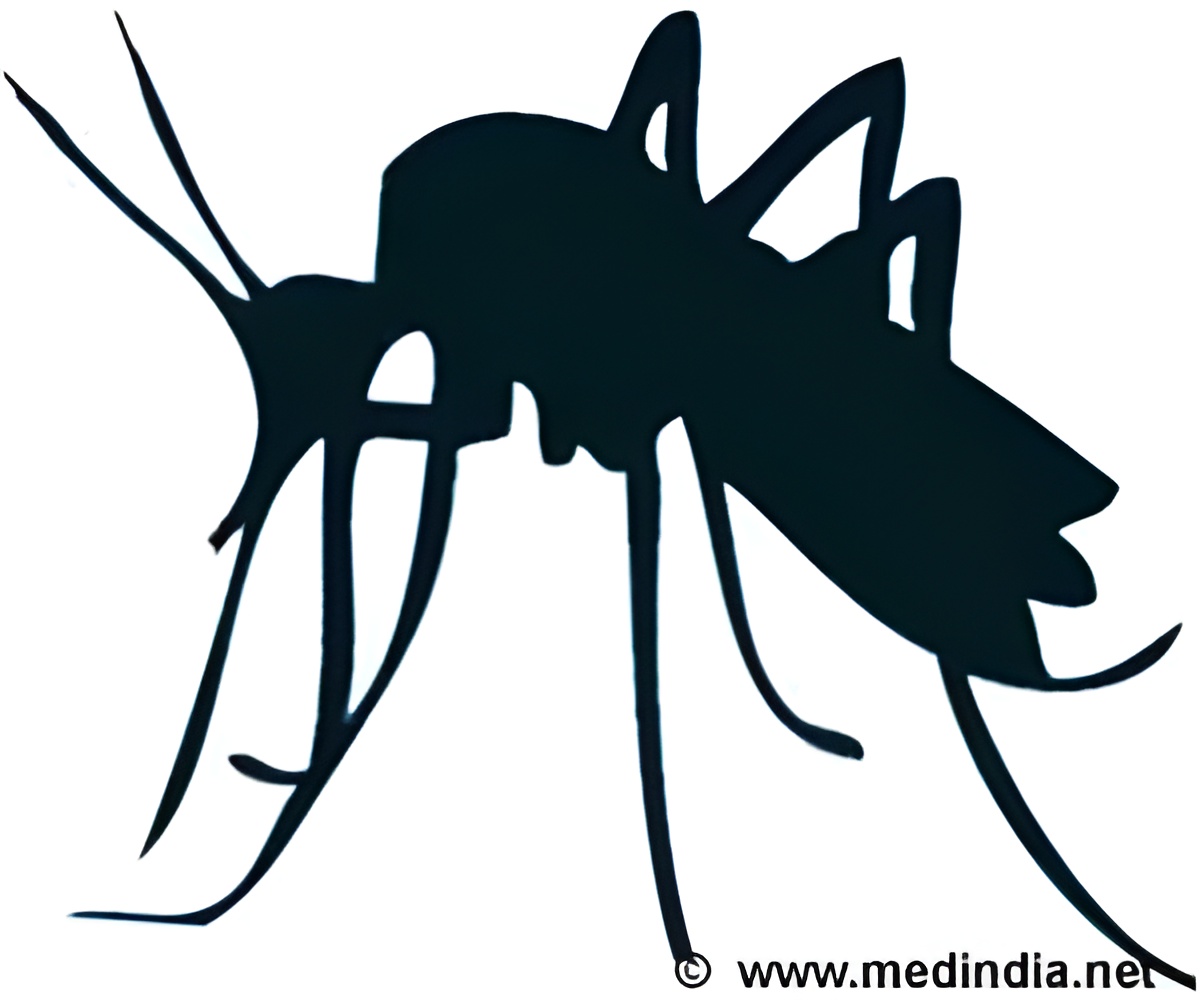With enormous impact on quality of life, malaria is one of the major infectious diseases transmitted by mosquitos.

Vivax malaria was once endemic in Japan including the mainland (Honshu) and the northern island (Hokkaido), but it has been eliminated from these areas as of 1959. In the same way as Japan, the Republic of Korea (South Korea) is another country where vivax malaria had been successfully eliminated by the late 1970s. However, re-emergence of vivax malaria in South Korea was reported in 1993. The first patient was a South Korean soldier who served in the demilitarized zone (a border region between South and North Korea) and had never been abroad. In spite of continuous malaria control measures implemented by the South Korean government, there was a steady increase in the number of reported vivax malaria cases until 2000 (4,183 cases), then a gradual decrease until 2004 (864 cases), when the number of infected civilians who lived in or near the area increased gradually. The number of reported cases fluctuated between 838 and 2,227 per year from 2005 to 2011.
Similarities in the ecology (i.e., climate, vegetation, species of mosquito vector) of Japan and South Korea mean that the Japanese environment is particularly suited to the establishment of Korean strains of vivax malaria. For example, the main vector species of vivax malaria in South Korea is Anopheles sinensis, which in the past has also been the main vector species of vivax malaria in the mainland of Japan, and which remains distributed throughout Japan. In addition, mosquitoes on the mainland of Japan are highly prevalent from June to September (the rainy season and the summer season), which is the same period in which vivax malaria is most prevalent in South Korea.
For these reasons, it is very important not only for South Korea, but also for Japan, to understand the characteristics of vivax malaria in South Korea and to provide a possible explanation as to why, in spite of a continuous malaria control program spanning two decades, efforts to eliminate vivax malaria have been unsuccessful. To answer this question, Dr. Moritoshi Iwagami, et al. conducted a 15-year-long longitudinal study on P. vivax population genetics in South Korea using highly polymorphic neutral markers of the parasites.
The team of researchers from the Japanese National Center for Global Health and Medicine, Inje University and the University of Tokyo analyzed 163 South Korean P. vivax isolates collected from South Korean soldiers who served in the demilitarized zone from 1994 to 2008, using 14 microsatellite DNA loci of the parasite genome. Based on this data, they performed population genetic analysis, with a focus on the differences of the parasite populations between successive years. Through this, they aimed to provide a detailed and precise estimate of the characteristics of the vivax malaria population structure and the temporal dynamics of its transmission.
Their population genetic analyses show that two genotypes coexisted from 1994 to 2001, while three different genotypes coexisted from 2002 to 2008. This result suggested that a drastic genetic change occurred in the South Korean population during 2002 and 2003.
Advertisement
In the (near) future, a distribution of Anopheles mosquitoes might expand in Japan due to global warming or climate change. Should a certain numbers of vivax malaria patients (and/or carriers of vivax malaria hypnozoites) come to Japan from South Korea and stay in or near A. sinensis breeding sites during summer season, indigenous vivax malaria transmission might occur by locally infected mosquitoes in Japan. Therefore, careful monitoring of all travelers coming from endemic areas of South Korea is required, as is collaboration between both nations in order to prevent the introduction of the malaria parasite into Japan.
Advertisement















